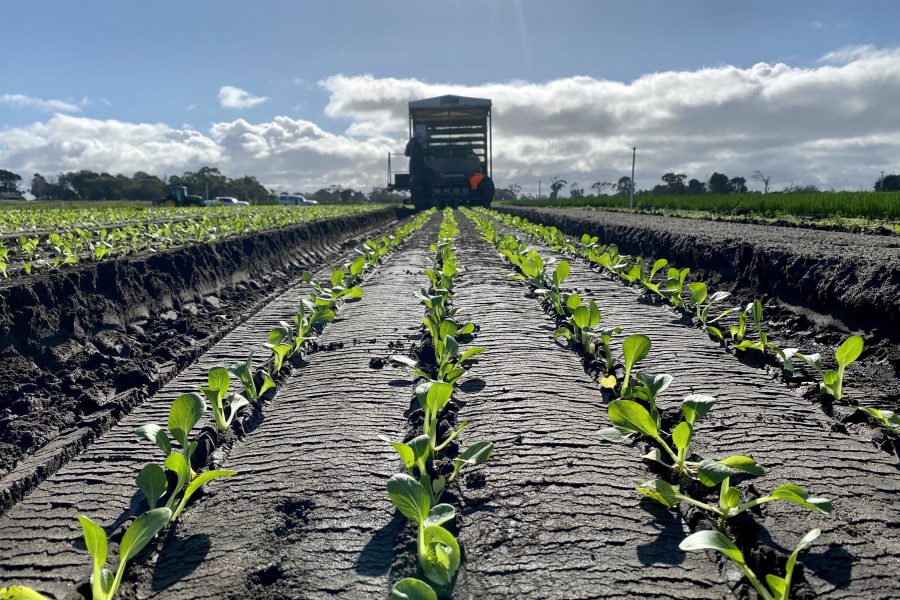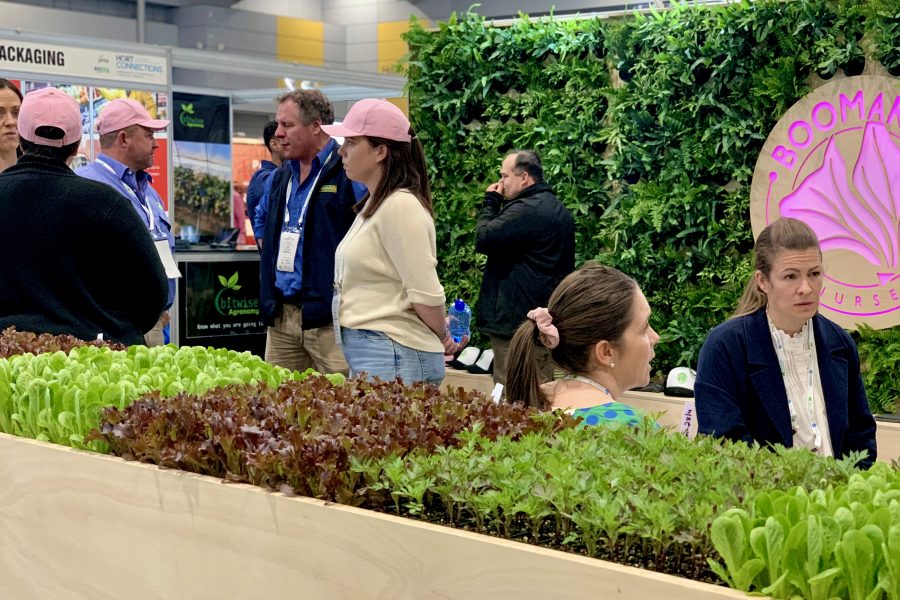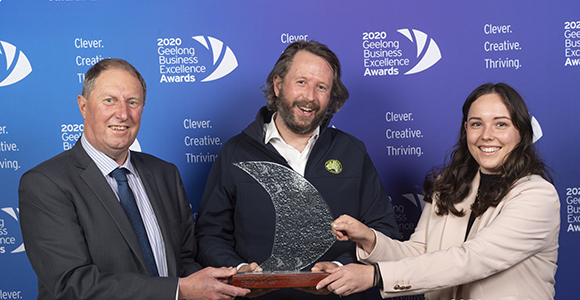Boomaroo has long been invested in optimising plant health, both in-nursery and for our growers on-farm, while pursuing the highest possible standards in sustainability.
It is now over 12 months since we launched Boomaroo Organics out of both our Lara and Southbrook nurseries, supplying Certified Organic seedlings across all of our crop categories to growers the length of the eastern seaboard. From humble beginnings, we now supply to organic producers in the Lockyer and Granite Belt regions, Mornington Peninsula, Gippsland, Mildura, Swan Hill and the Murraylands, and continue to receive positive feedback and strong grower interest.
Initially focusing on our core crops of celery, leafy veg, brassicas, alliums and tomatoes, we have responded to grower requests with an expanded Organics range now also including additional fruiting crops such as watermelon, capsicum and pumpkin as well as Asian veg varieties.
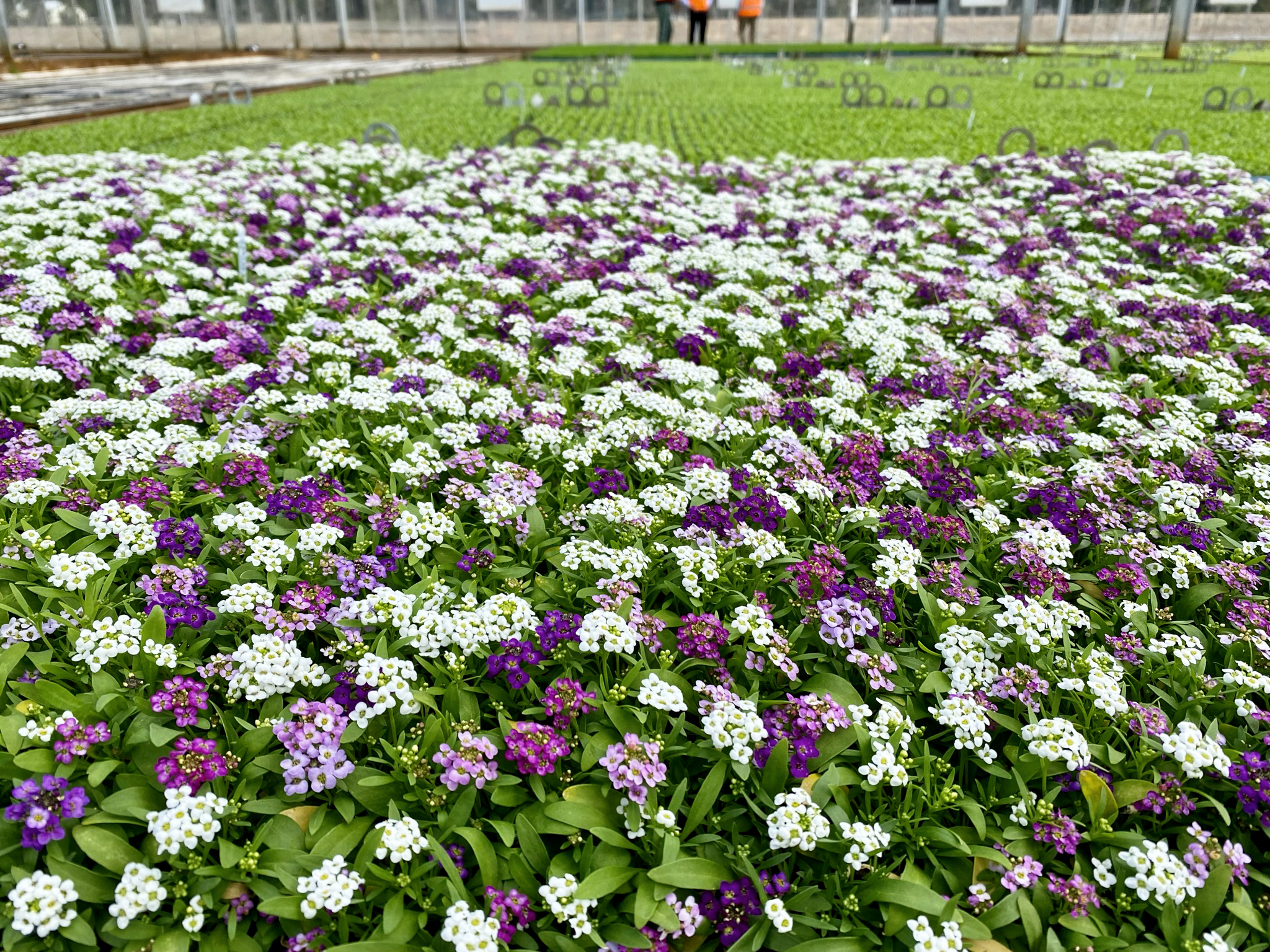
But it isn’t only our organic product lines that have proven popular with growers. Overwhelmingly we are seeing more and more interest in a more holistic approach to primary production, reducing reliance on the heavy use of chemicals and promoting natural processes to support plant health. As such, Boomaroo has remained focused on solutions that provide ongoing benefits to on-farm crop management through our Plant Health Programs. One such initiative, providing value to organic and conventional growers alike, is our Beneficial Host Plant program.
The benefits to pest control and chemical input reduction through the introduction of beneficial predatory insects, also known as Integrated Pest Management (IPM), have long been known. Beneficial Host Plantings alongside crops further support IPM by providing a natural farm environment that attracts and sustains a wider range of beneficial predators who, in turn, feast on unwanted and harmful pests. Traditionally planted at row ends on farms, the host plantings also act like yellow sticky trap pest indicators. Damaging Aphids and Thrips are attracted to host planting flowers, and the beneficial predators they house, before they get a chance to attack valuable vegetable crops nearby.
Boomaroo’s Beneficial Host Plant offering includes Marigolds, Alyssum and a range of flowering herbs, all grown organically. This program is further supported by our adoption of softer chemistry applications in lieu of commercial insecticides in-nursery, even on conventional crops, resulting in a clean, healthy plant and encouraging beneficials such as lady beetles, parasitic wasps, lacewings, damsel bugs, black-headed mirid and big-eyed bugs to take up residence.
Whilst we’ve already seen a strong uptake from both organic and conventional growers, the benefits couldn’t be more clear than at our own nursery, where planters of Marigolds and Alyssum have been stationed with great effect, complementing the use of sticky traps and pheromones also deployed throughout our nurseries.
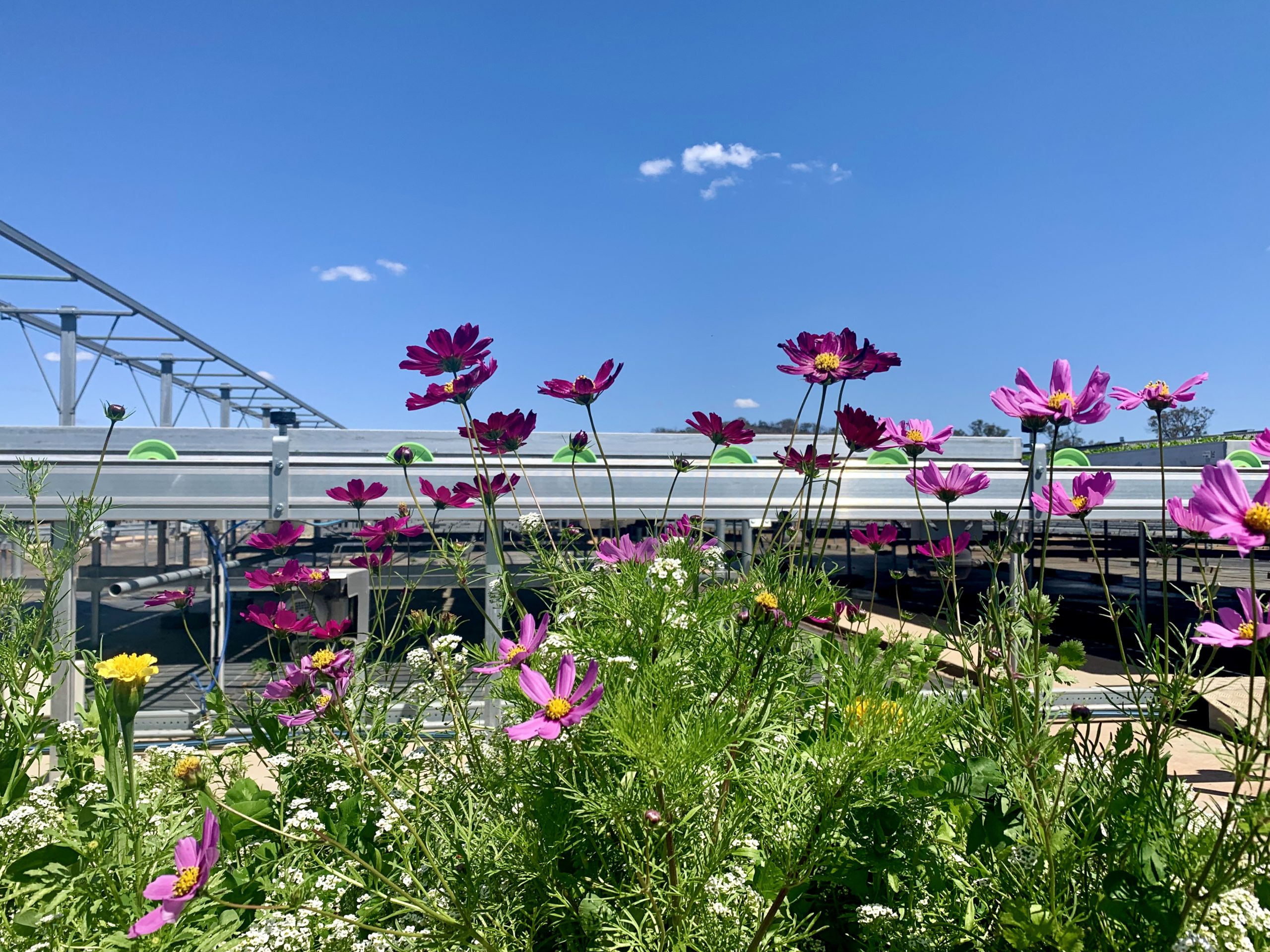
So now, through Boomaroo, growers can meet their seedling and host beneficial plant needs in one convenient delivery. For more information about our Organics offering, Plant Health Programs such as Beneficial Host Plantings or sustainable chemistry applications, contact your local Boomaroo Territory Manager or make an enquiry to sales@boomaroo.com.

